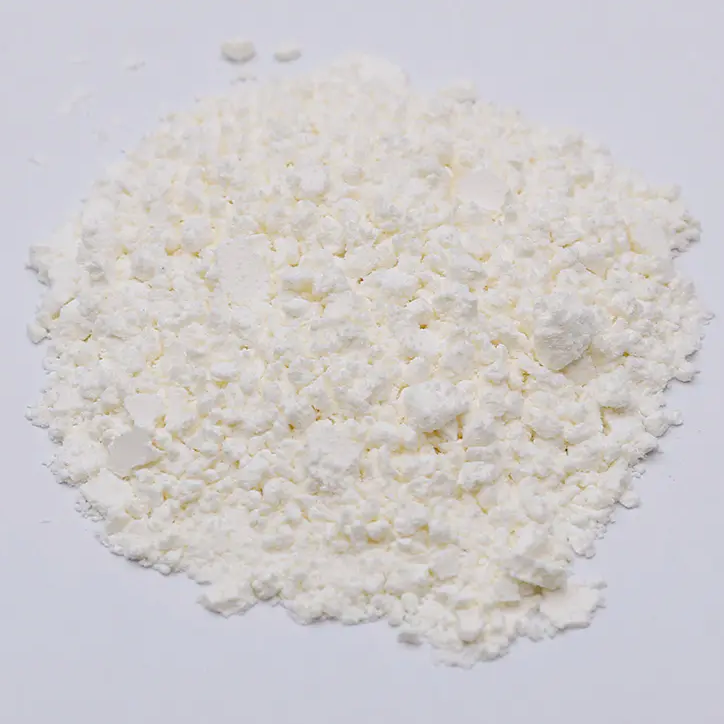Melamine resin is a versatile material widely used across multiple industries due to its strong physical properties and chemical resistance. This resin is a type of thermosetting plastic formed by the reaction of melamine and formaldehyde. Its combination of durability, heat resistance, and aesthetic appeal makes it a popular choice for many applications.
One of the most common uses of melamine resin is in the production of laminates for furniture and countertops. Melamine-coated surfaces offer good scratch resistance and are easy to clean, making them suitable for both residential and commercial environments. The resin forms a hard, protective layer over substrates such as particleboard or MDF, enhancing the overall durability of furniture pieces. This application helps manufacturers provide affordable and functional furniture that meets everyday demands.
In the kitchenware industry, melamine resin is often used to produce dinnerware and utensils. Melamine dishes are valued for their ability to mimic ceramic or porcelain in appearance while being lighter and more resistant to breakage. Additionally, these products can withstand moderate heat, which suits everyday use. However, care instructions usually recommend avoiding microwave use, as melamine resin can degrade under high temperatures.
The electrical and automotive industries also benefit from melamine resin’s insulating and flame-retardant properties. In electrical components, the resin serves as a protective coating or molding material that prevents electrical leakage and improves safety. Its resistance to heat and chemicals ensures that these components maintain performance in demanding conditions. Similarly, in automotive manufacturing, melamine resin is used in interior parts where durability and resistance to wear are essential.
Another notable application of melamine resin is in adhesives and coatings. Its chemical structure allows it to form strong bonds and provide durable finishes. This makes it a valuable component in industrial adhesives, surface coatings, and even in paper impregnation to improve resistance and longevity. By enhancing surface hardness and moisture resistance, melamine resin-based coatings extend the life of treated materials.
In the construction sector, melamine resin is incorporated into flooring materials and decorative panels. These products benefit from the resin’s hardness and resistance to stains, which helps maintain their appearance over time. Melamine resin laminates provide an attractive finish while protecting the underlying material from damage caused by daily wear and environmental factors.
Overall, melamine resin plays an important role in improving product quality and durability across many industries. Its unique combination of physical strength, chemical stability, and versatility enables manufacturers to create items that meet diverse needs. While there are specific handling guidelines to ensure safe use, melamine resin remains a widely adopted material that contributes to both functional and aesthetic advancements in various applications.
